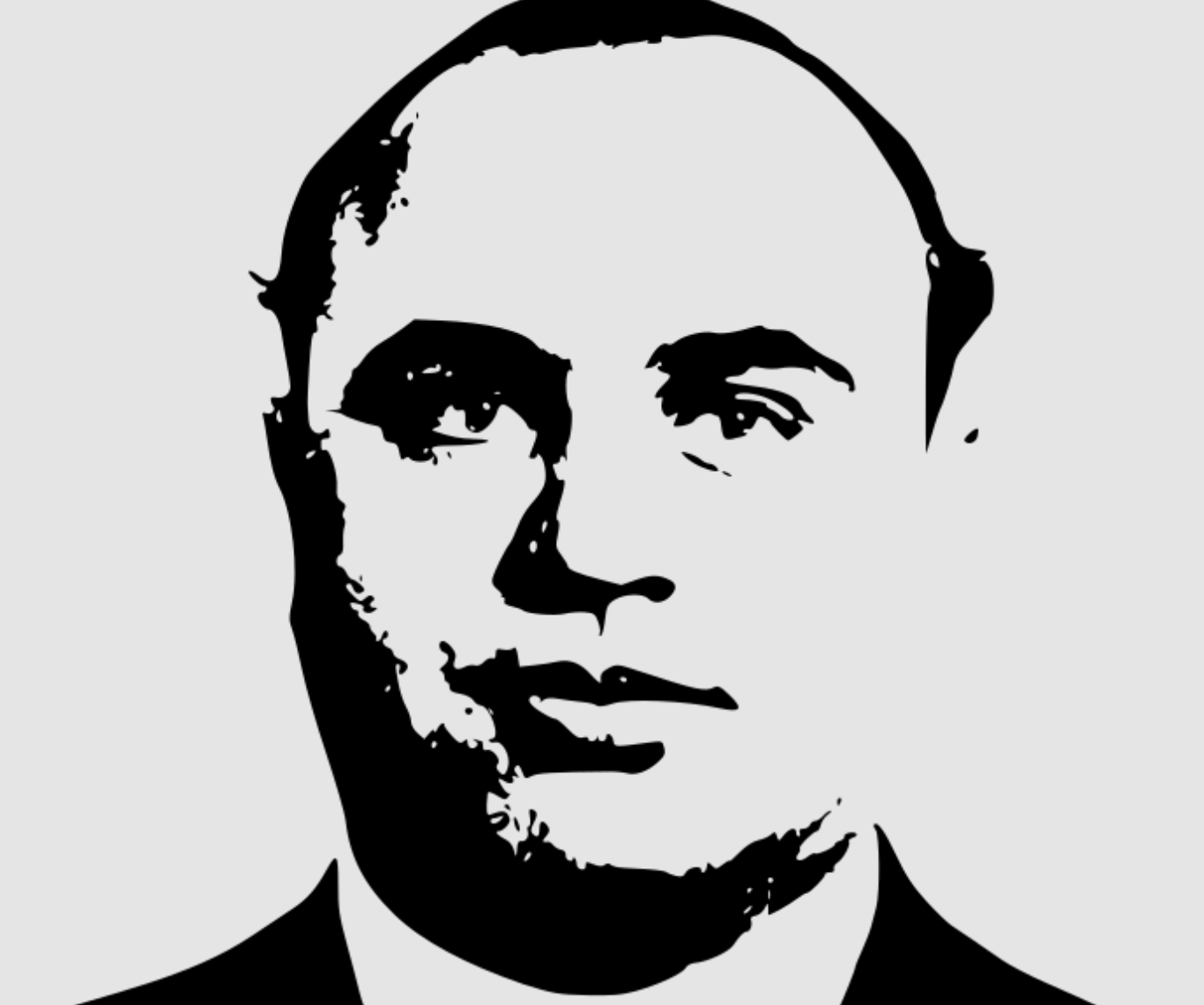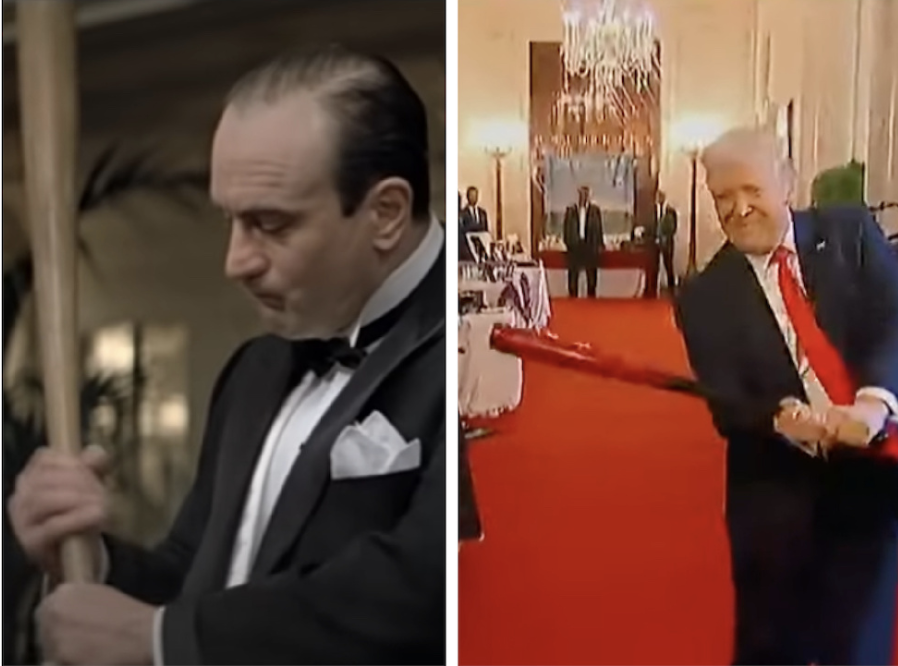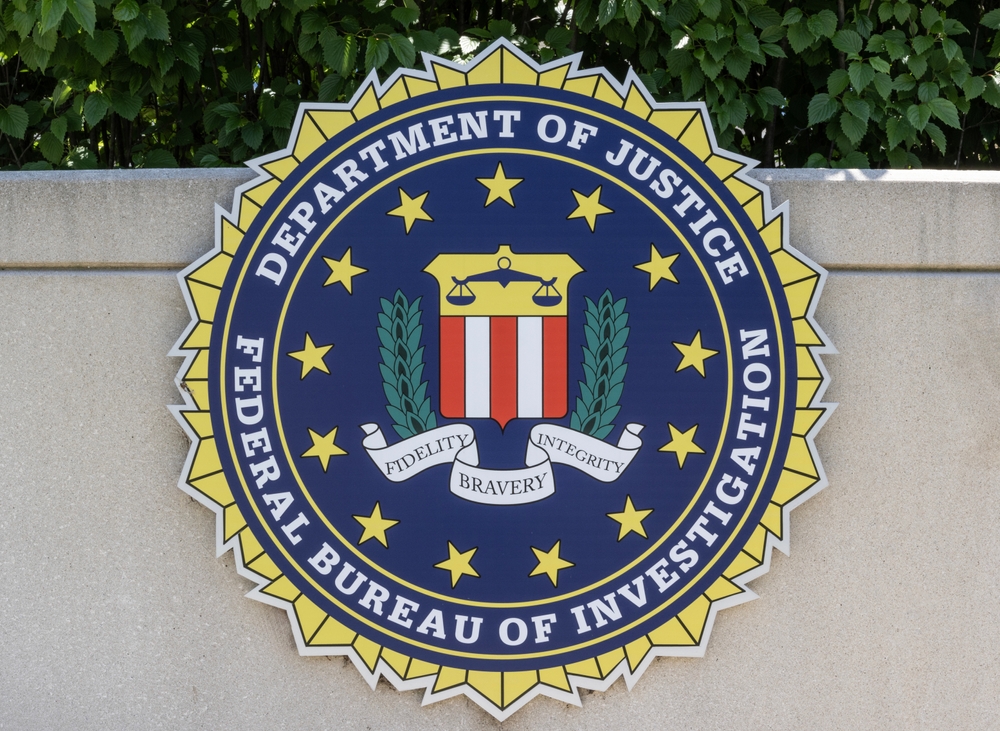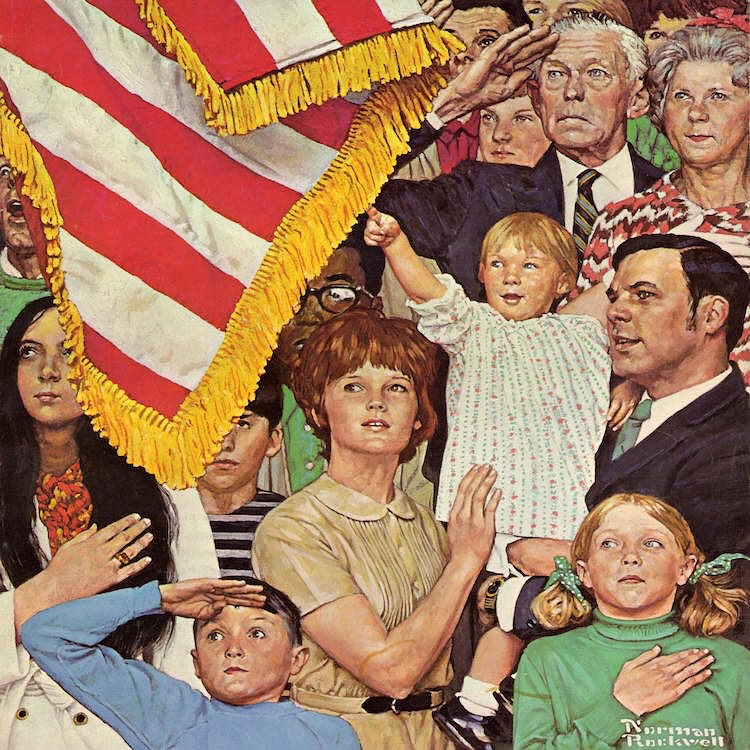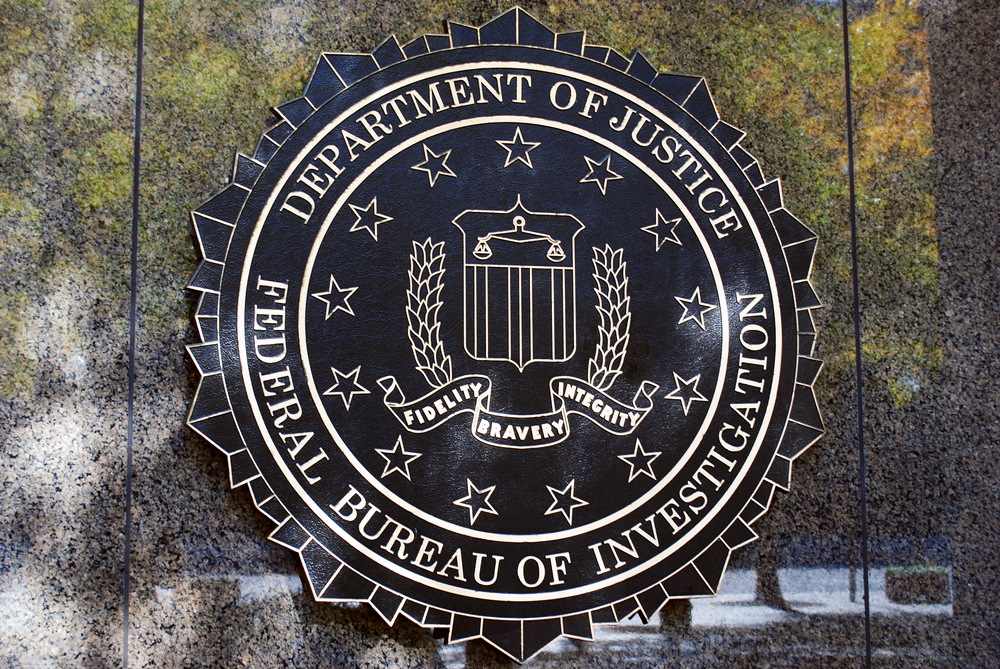The writer, an FBI agent for 31 years, retired as resident agent in charge of the Ann Arbor office in 2006. He has a law degree from the University of Nebraska College of Law.
By Greg Stejskal
During Donald Trump’s present campaign for the presidency, he compared himself to Alphonse Capone, the notorious Chicago gangster. I don’t think Trump meant to imply he was a gangster, but he said Capone “was seriously tough, right? He was only indicted one time; I’ve been four times.” (Capone was actually indicted at least six times.) Beyond the competition as to who has been indicted more, there are a few similarities worth noting between Capone’s and Trump’s legal travails.

Most importantly, both were accused of egregious crimes; Capone of murder and bombings, Trump of sedition and trying to overthrow our democratic election. But for both, at least for now, it was financial-related crimes that nailed them.
Let’s take Capone first.
Alphonse (Al) Capone grew up on the streets of New York City. He became a member of the Five Points Gang. Later he joined an Italian street gang and was a bouncer in gang-run brothels. Capone moved to Chicago where he was recruited as a bodyguard for Johnny Torrio, head of a criminal operation that was involved in gambling, prostitution and distribution of alcohol during prohibition. Torrio was severely wounded when a rival gang attempted to kill him, and he decided to take early retirement.
Capone took over the criminal operation which came to be known as the Outfit.
Capone expanded his alcohol bootlegging operation, often by violent means. Several businesses that sold and/or served alcohol that initially refused to buy alcohol from the Outfit were bombed. It is estimated that about 100 people were killed in the Outfit’s efforts to persuade businesses to buy alcohol exclusively from them. Capone as head of the Outfit was careful not to be directly involved in criminal activities especially those involving violence.
There were exceptions. There’s a story that may be apocryphal, when Capone beat three members of his gang with a baseball bat for having plotted against him. This story was depicted in the movie “The Untouchables” and may have been the inspiration for Trump’s posting on social media a photo of himself holding a baseball bat in a batting stance next to a photo of Alvin Bragg, the Manhattan District Attorney.
Capone was the boss of the Outfit for seven years from 1925 to 1931. During that time, he developed a relationship through bribery and graft with the mayor of Chicago, William (Bill) Thompson. This insured that the Outfit would have no serious interference from the Chicago police. When Thompson ran for mayor, Capone had one of his bombers blowup several polling places where Thompson’s political rivals had strong support – election interference that presumably reduced voter turnout.
Saint Valentine’s Day Massacre
In 1929 on Valentine’s Day, Capone orchestrated a massacre of seven members of a rival gang. Conveniently, Capone was at his mansion on Palm Island, an island neighborhood of Miami Beach, Florida. (Ironically, Capone had purchased the mansion from the Anheuser-Busch family.) The massacre was a turning point in the public perception of Capone and his criminal enterprise.
Knowing that local law enforcement was unwilling or unable to investigate or prosecute Capone and the Outfit, federal law enforcement intervened. The U.S. Department of Justice and several law enforcement agencies began a “full court press” investigation. A task force of prohibition agents the press dubbed “The Untouchables.” raided and shutdown several of the Outfit’s breweries, distilleries and warehouses. But efforts to tie Capone directly to the bootlegging activity were unsuccessful.
Despite all of Capone’s criminal activity including bombings and murder, he was ultimately successfully prosecuted for income tax evasion. In 1927 a U.S. Supreme Court decision held that illegal income was taxable. This created a paradox. If you had income from illegal activity, it had to be declared and was taxable. But this also meant by declaring illegal income you were incriminating yourself seemingly in contravention of the 5th Amendment.
Capone realizing, he might be in jeopardy had one of his attorneys send a letter to the Department of Treasury attesting that Capone had income of about $100,000 in 1928 and 1929, and for which he had paid no tax. Rather than accept Capone’s offer to pay his back taxes, the DOJ decided to prosecute Capone.
In 1931 Capone was indicted for 22 counts of tax evasion. The indictment alleged that Capone had evaded taxes of $215,000 on total income of $1,038,654 during the proceeding five-year period. The attorney’s letter admitting Capone’s illegal income was allowed into evidence over the defense’s objection that an attorney can’t confess for his client. (Sometimes having attorneys do things can create criminal liability.) Capone was convicted on five counts of tax evasion and sentenced to eleven years in federal prison.
The reason Capone got a relatively long sentence was because the judge was well aware of Capone’s prodigious criminal activity as evidenced by the sources of his illegal income.
Trump’s Election Interference Prosecution
Trump faces far more serious crimes than in the New York case. He’s charged in D.C. and Atlanta with plotting to subvert the 2020 election results, and in Florida with illegally withholding and mishandling highly sensitive national security information after repeatedly being asked by the government to return the documents.
But for now, at least, it’s the financial shennigans that has nailed him.
The advent of the Trump election interference prosecution was during the Mueller investigation of Russian interference in the 2016 election when it was learned of Michael Cohen’s “hush money” payment to Stormy Daniels. This activity although possibly illegal was not part of the Mueller investigation mandate.
The matter was referred to the U.S. Attorney’s Office in Manhattan. Cohen was prosecuted. He pleaded guilty “straight up,” without a plea agreement, and was incarcerated. The U.S. Attorney’s Office didn’t pursue the matter further, but the Manhattan District Attorney’s office did. Their investigation revealed that a conspiracy was hatched in 2015 when Trump decided to run for president.
Initially, the conspiracy involved Trump, David Pecker, the publisher of “The National Enquirer,” and Cohen, an attorney and self-proclaimed fixer for Trump. Pecker was willing to act as Trump’s “eyes and ears.” He would be willing to buy stories that would be disparaging towards Trump and then not run the stories – so called “catch and kill.” Pecker also agreed to create stories that would be detrimental to Trump’s political rivals. (One such story implied that Ted Cruz’ father was possibly involved with Lee Harvey Oswald in a conspiracy to assassinate President Kennedy.) Cohen would act as the intermediary between Pecker and Trump.
Damaging Firsthand Testimony
Pecker was not involved in the conspiratorial acts prosecuted in the trial, but he provided firsthand testimony as to the genesis and intent of the conspiracy. Cohen provided firsthand testimony as to the activity that was prosecuted: The payoff of Stormy Daniels, to avoid the detrimental affect her story might have had on the election and Trump’s knowledge of the falsification of business records to coverup Cohen’s payment to Daniels and his reimbursement from the Trump organization.
At trial the prosecution did a masterful job of weaving a compelling narrative starting with Pecker’s testimony and ending with Cohen’s, bolstered by circumstantial and documentary evidence. Cohen was an excellent witness. He was self-effacing regarding his past bad conduct much of which was at the behest of Trump. Although his creditability was challenged in a very aggressive cross examination it was not breached.
There was little defense offered. Of the two defense witnesses, one was notable, Bob Costello, an attorney. Costello was ostensibly supposed to attack Cohen’s creditability, but his conduct on the stand was so contemptable that the judge had to excuse the jury and admonish Costello regarding his disrespectful conduct. I suspect that in lieu of Trump testifying, someone thought Costello would be a good surrogate who would be as bombastic as Trump had been outside the courtroom attacking Cohen – probably not a good strategy.
The jury of Donald Trump’s peers after deliberating for nine hours unanimously convicted Trump on 34 of the 34 counts charged in the indictment. (Capone was convicted of 5 of 22 counts.)
Alvin Bragg as the Manhattan District Attorney has prosecutorial discretion as to which cases are pursued by his office. Trump is a high-profile individual who has demonstrated a disrespect for our judicial system and the rule of law. He has previously been found to have committed civil fraud on several occasions in several jurisdictions. The Manhattan DA’s Office determined that Trump broke the law in furtherance of a criminal conspiracy to influence a presidential election. I don’t think DA Bragg made the decision to prosecute for self-aggrandizement. His low-profile demeanor during the trial belies that.
The crimes for which Trump is now convicted may not be as serious as the crimes that are alleged in the January 6 and stolen documents cases, but that is not a reason to not prosecute.
Justice will not be fully served until he stands trial for those charges as well.

